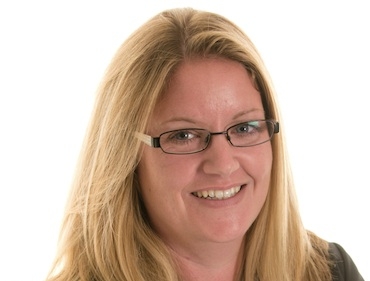There is always a lot of talk about new SSAS numbers increasing because of stricter regulation of Sipps. This may be the case for some providers, but we treat our SSAS with the same diligence our Sipps receive, so it makes little difference to the client should they choose a Sipp or a SSAS, we will still only allow investments that we feel are appropriate for the scheme. We don’t tend to see advisers recommending SSAS because of the difference of regulatory regime, but I obviously can’t speak for everyone.
SSAS have been seen as complicated schemes in the past, but one of the biggest reasons that SSAS is ‘making a come back’ is that in this day and age the benefits really aren’t that different to any other pension scheme, but with the added benefit that the member/trustees can have more control. Each scheme is set up and registered individually so should the member/trustees want to restrict certain options in the trust deed and rules they can. They can also make them as flexible as possible, which is far more likely.
Historically the members of a SSAS would have all worked for the same employer, as it is an occupational scheme, but it is possible for others to be involved provided there is still a sponsoring employer. This works very well when bringing in other family members who may not be part of the family business at this time, or at any time in the future.
The pension reforms have also played into the SSAS market’s hands with the changes to death benefits. Being able to pass assets down the generations within a single pension scheme makes administration and investment for the longer term simpler and possibly more efficient.
There is no cut off where the assets need to be split up and possibly sold off. This gives greater stability at what could be a difficult time for the sponsoring employer, typically the death of a key employee, where otherwise the company premises may have to be sold to pay the death benefits. This is now no longer the case - if the expression of wish is written correctly.
All of these benefits lead to a very flexible and mobile scheme that can grow and change throughout its very long lifetime. Advisers are looking at the best options for these types of business and the SSAS just keeps coming out up front in the line up. This is likely to continue as the legislation keeps changing and business owners what to take more control over the options available to them in retirement.
Claire Trott, Head of Pensions Technical, Talbot and Muir.
Historically the members of a SSAS would have all worked for the same employer, as it is an occupational scheme, but it is possible for others to be involved provided there is still a sponsoring employer. This works very well when bringing in other family members who may not be part of the family business at this time, or at any time in the future.
The pension reforms have also played into the SSAS market’s hands with the changes to death benefits. Being able to pass assets down the generations within a single pension scheme makes administration and investment for the longer term simpler and possibly more efficient.
There is no cut off where the assets need to be split up and possibly sold off. This gives greater stability at what could be a difficult time for the sponsoring employer, typically the death of a key employee, where otherwise the company premises may have to be sold to pay the death benefits. This is now no longer the case - if the expression of wish is written correctly.
All of these benefits lead to a very flexible and mobile scheme that can grow and change throughout its very long lifetime. Advisers are looking at the best options for these types of business and the SSAS just keeps coming out up front in the line up. This is likely to continue as the legislation keeps changing and business owners what to take more control over the options available to them in retirement.
Claire Trott, Head of Pensions Technical, Talbot and Muir.

